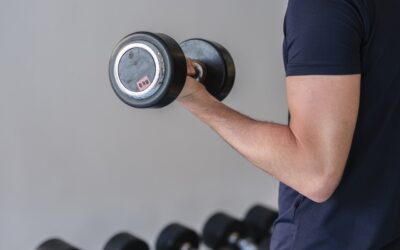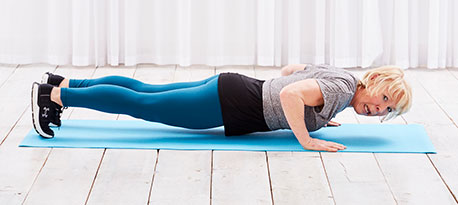Pick it up. Dust it off. Give it mouth-to-mouth.
(The libido, that is).
I told some of my clients I was tackling this topic… “Save us and our stuttering sex drive” they begged. Busy family lives, work issues and fluctuations in how we feel about our partners can all contribute to a decline in the desire to be intimate..Then there’s the big M. I am a great believer in not blaming hormonal imbalances for every negative in our lives, but none of us are strangers to the mid-life cocktail of night sweats, hot flushes, parched skin, joint pain and stiffness, palpitations and anxiety. It’s not surprising then that having sex doesn’t always make it to the top of the mid-life woman’s to-do list.
Patches and potions prescribed to ease the menopause can also boost desire. But let’s see what we can do without HRT to give us (and Friday nights) the best possible chance. Our oestrogen levels may drop but let’s get our underwear joining in too.
Move more! Look I know it’s my job to bang the exercise drum but the link between exercise and mental health is huge. The charity Mind (mindcharity.org) states that there is solid evidence to show that people who exercise regularly are less likely to suffer from depression and stress and that this, leads not only to an increase in self-esteem but to a boost in mood. Exercise can make us happy. When we’re happy, we’re confident, when we’re confident we’re more likely to take the plunge. A sedentary lifestyle will kill anyone’s sex drive stone dead so take each other by the arm and get out for mood-boosting walks. Not strolls. Walks.
Importantly, a decline in libido may not just be about plummeting oestrogen levels, but testosterone too. Adding strength training (using body weight or resistance equipment) challenges your muscles, giving us renewed strength and tone but also a boost in testosterone. Get your partner knocking out some push-ups too so you’re both swinging from the same chandelier. So to speak.
Let’s look at food. The words ‘healthy diet’ are obvious but can it actually make a difference to our va-va-voom? I’d take a bet that it does. Regular doses of greens and other brightly coloured vegetables and fruits will inevitably add a sizzle of antioxidants to the quality of the blood in your veins. On top of that, essential fatty acids (EFAs) found in oily fish, nuts, avocados will aid production of sex hormones, keep negative moods at bay and help shunt the blood along to our vital parts.
Collagen accounts for a third of all the protein in our body and helps build and repair our bones, teeth, tendons, blood vessels and skin, keeping it smoother and more elastic. A nice plump clitoris anyone? As we age, collagen declines so consider taking a collagen drink or powder or boost its production with a Vitamin C supplement.
The vaginal wall is worth a mention here as this can become not only dry but thin when oestrogen drops. So thin that penetration becomes painful (think lemon juice on a wound). That’s hardly likely to spark much interest in taking things further is it? There is a great variety of lubes and vaginal moisturisers on the market (yesyesyes.org) or talk to your GP who may be able to offer some topical oestrogen, which is different from full-blown HRT and can be applied as a pessary.
Incidentally, during my research on the food side, one thing did keep cropping up. Maca powder. Despite there being little scientific evidence to suggest a leg-up for our libido, there is a great deal of interesting chat about it online (the forums made particularly juicy reading for a Thursday afternoon). It’s packed with magnesium, iron and selenium and boasts whopping energy giving properties.
So, sprinkle a little of that on your porridge, get plenty of exercise, find opportunities to be connect with each other, eat as many different veg as you can each week for maximum antioxidant intake and ,above all. learn to love and appreciate your own body, so that he or she can too. Go forth and ignite that flame of passion!
(adapted from text originally written by Annie Deadman for Woman&home July 2021)




